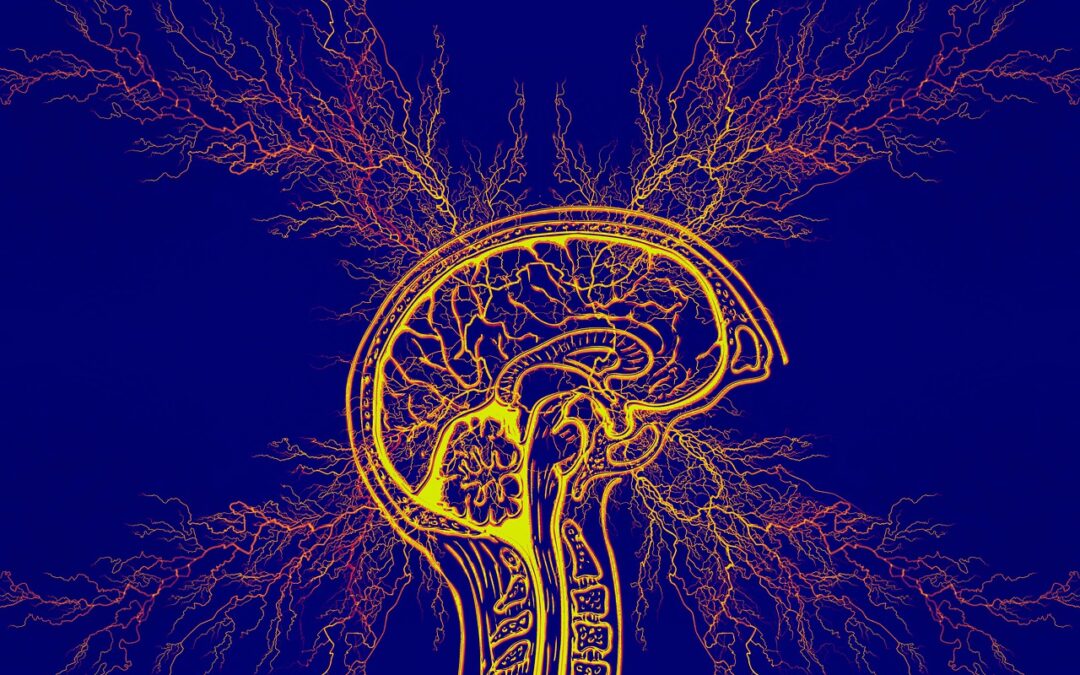Obsessive-Compulsive Disorder (OCD) is a complex and challenging mental health condition that affects millions of people worldwide. It relentlessly cycles through obsessions and compulsions, significantly impacting daily life, relationships, and overall well-being. However, there is hope for those dealing with OCD. Effective treatment approaches can help manage and reduce distressing symptoms. In this article, we will explore the best practices for treating OCD and provide valuable insights for individuals seeking support.
Understanding OCD
OCD is a mental health disorder that revolves around two main components: obsessions and compulsions. Obsessions are intrusive and distressing thoughts, images, or urges that repeatedly plague an individual’s mind, provoking intense anxiety that feels uncontrollable. On the other hand, compulsions are repetitive behaviors or mental acts performed in response to the obsessions. These compulsions aim to reduce the anxiety and discomfort associated with the obsessions but ultimately perpetuate the cycle.
Common obsessions in OCD may include fears of contamination, a need for symmetry, aggressive or violent thoughts, and disturbing sexual thoughts. In contrast, compulsions encompass behaviors like excessive handwashing, checking, counting, or repeating rituals. These behaviors temporarily alleviate distress but ultimately reinforce the obsessions and perpetuate the disorder.
The Best Practices for Treating OCD
Treating OCD requires a comprehensive approach that combines therapy, medication, and lifestyle adjustments. Here are the key components of effective OCD treatment:
- Cognitive-Behavioral Therapy (CBT): Cognitive-Behavioral Therapy, particularly Exposure and Response Prevention (ERP), stands out as the most effective psychotherapy for OCD. ERP involves systematically exposing individuals to their obsessional fears while preventing them from engaging in compulsive behaviors. Through repeated exposures and the withholding of the compulsion, individuals can learn to confront their fears and reduce the anxiety associated with their obsessions. Additionally, CBT helps patients reframe their thoughts and develop healthier responses to intrusive thinking.
- Medication: In some cases, medication can be a valuable addition to therapy. Selective serotonin reuptake inhibitors (SSRIs), such as fluoxetine or sertraline, are commonly prescribed to individuals with OCD. These medications help regulate serotonin levels in the brain, alleviating some of the obsessive and anxious symptoms. However, it’s important to note that medication alone is typically not as effective as combining it with therapy.
- Support and Education: Individuals with OCD benefit greatly from learning about their condition and gaining support from loved ones or support groups. Education helps individuals understand that OCD is a treatable medical condition and not a character flaw. Having supportive friends and family can provide a safety net for those struggling, reducing feelings of isolation, and promoting motivation to engage in treatment.
- Lifestyle Management: Taking a holistic approach to managing OCD includes maintaining a healthy lifestyle. Regular exercise, proper nutrition, adequate sleep, and stress management techniques can improve an individual’s overall well-being and may indirectly reduce OCD symptoms. It is particularly important to focus on reducing stress, as stress can exacerbate OCD symptoms.
- Regular Follow-up: OCD is a chronic condition that often requires ongoing treatment and management. Regular follow-up with a mental health professional is essential to ensure that the chosen treatment plan remains effective. Adjustments may be needed to address any emerging or changing symptoms.
Individualized Treatment
It’s crucial to recognize that OCD varies in severity and presentation from one individual to another. Treatment approaches should be tailored to meet the specific needs of each person. While some individuals may respond well to therapy alone, others may require a combination of therapy and medication. The key is to work closely with mental health professionals to develop a personalized treatment plan that provides the best chance for symptom management and improved quality of life.
Seeking professional help is essential for those struggling with OCD. If left untreated, OCD can be profoundly distressing and disruptive. However, with the right interventions and a support system in place, individuals with OCD can effectively manage their symptoms and regain control over their lives. There is hope, and treatment can make a profound difference in the well-being and functionality of those with OCD. Take the first step towards a better life today and don’t let OCD define you.

THERE IS NO LIFE ISSUE THAT I CANNOT SHOW YOU HOW TO MANAGE.
Naples Counselor - Dr. Udo Fischer
In a comfortable and supportive atmosphere, I offer a highly personalized approach tailored to each of my clients individual needs to help attain the personal growth they’re striving for.


Recent Comments